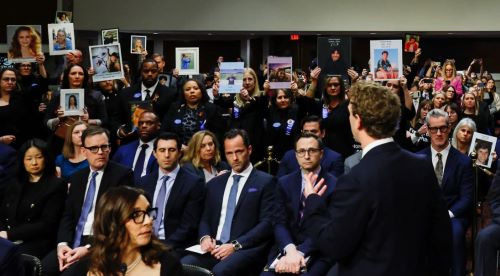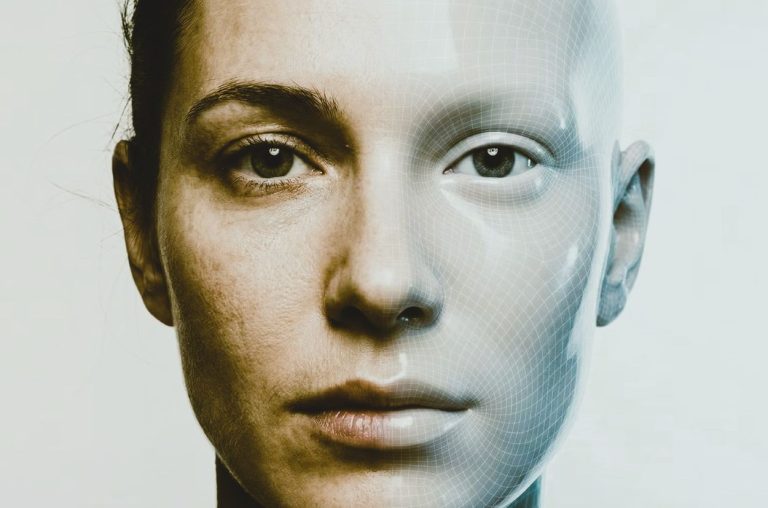

Big Tech’s influence machine involves campaign contributions to members of Congress.

By Brian Fung
Reporter
CNN
Emotional Senate Judiciary Committee hearing grilling tech CEOs focused on Silicon Valley’s failures to protect kids online. But it also spotlighted Congress’ own glaring — and longstanding — inability to pass any meaningful legislation to rein in tech platforms.
According to more than a half-dozen front-line participants in the battle to regulate tech, the gridlock boils down to three main factors: Lobbying and partisanship, genuine disagreements over hugely consequential questions about the future of privacy and free speech, and who technology is meant to serve in the first place.
Big Tech has become a bipartisan punching bag on Capitol Hill. But US lawmakers have sat by while consumer advocates, whistleblowers and state attorneys general have amassed troves of evidence suggesting tech giants may have endangered users’ health or monopolized key sectors of the economy.


